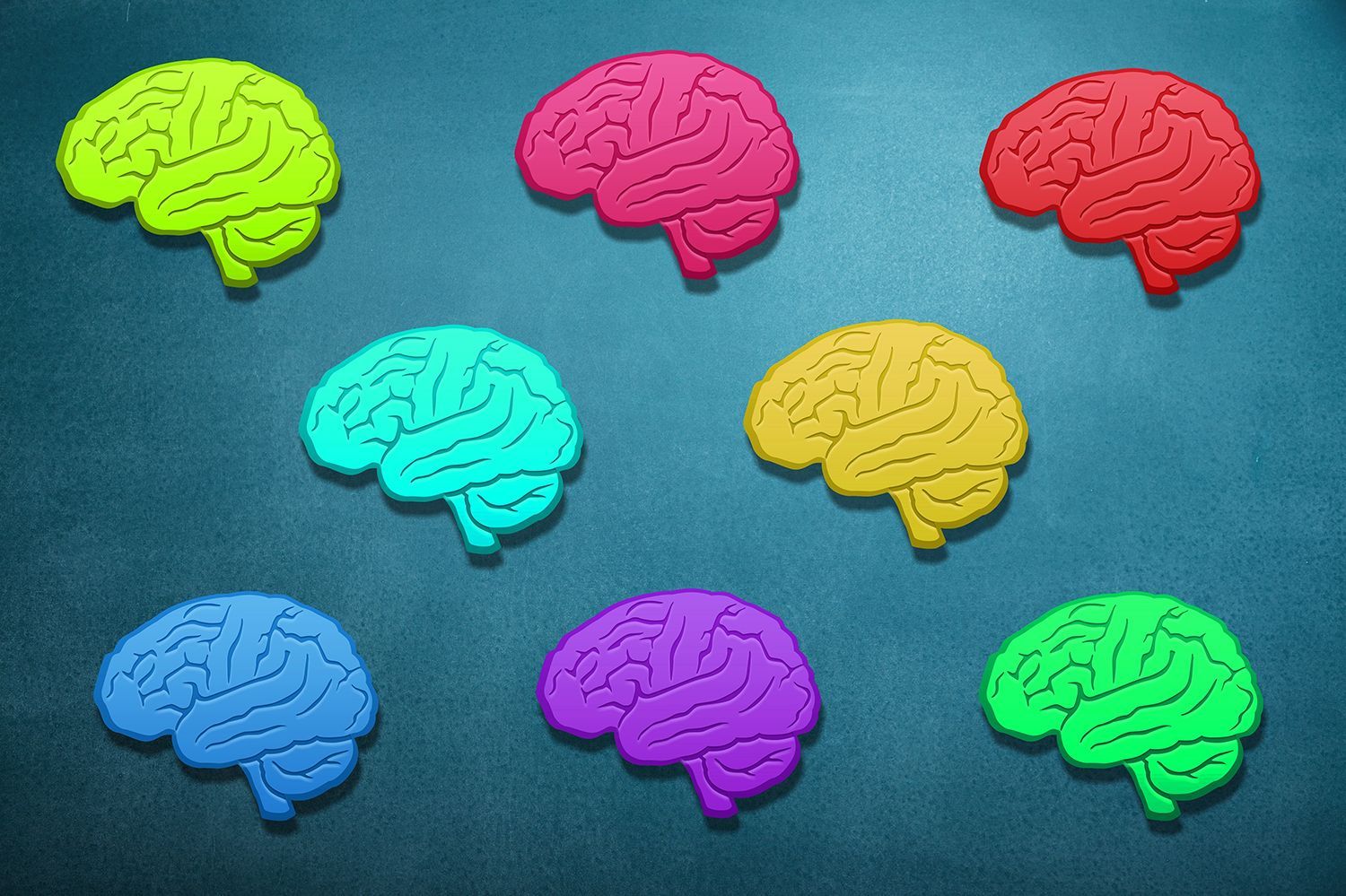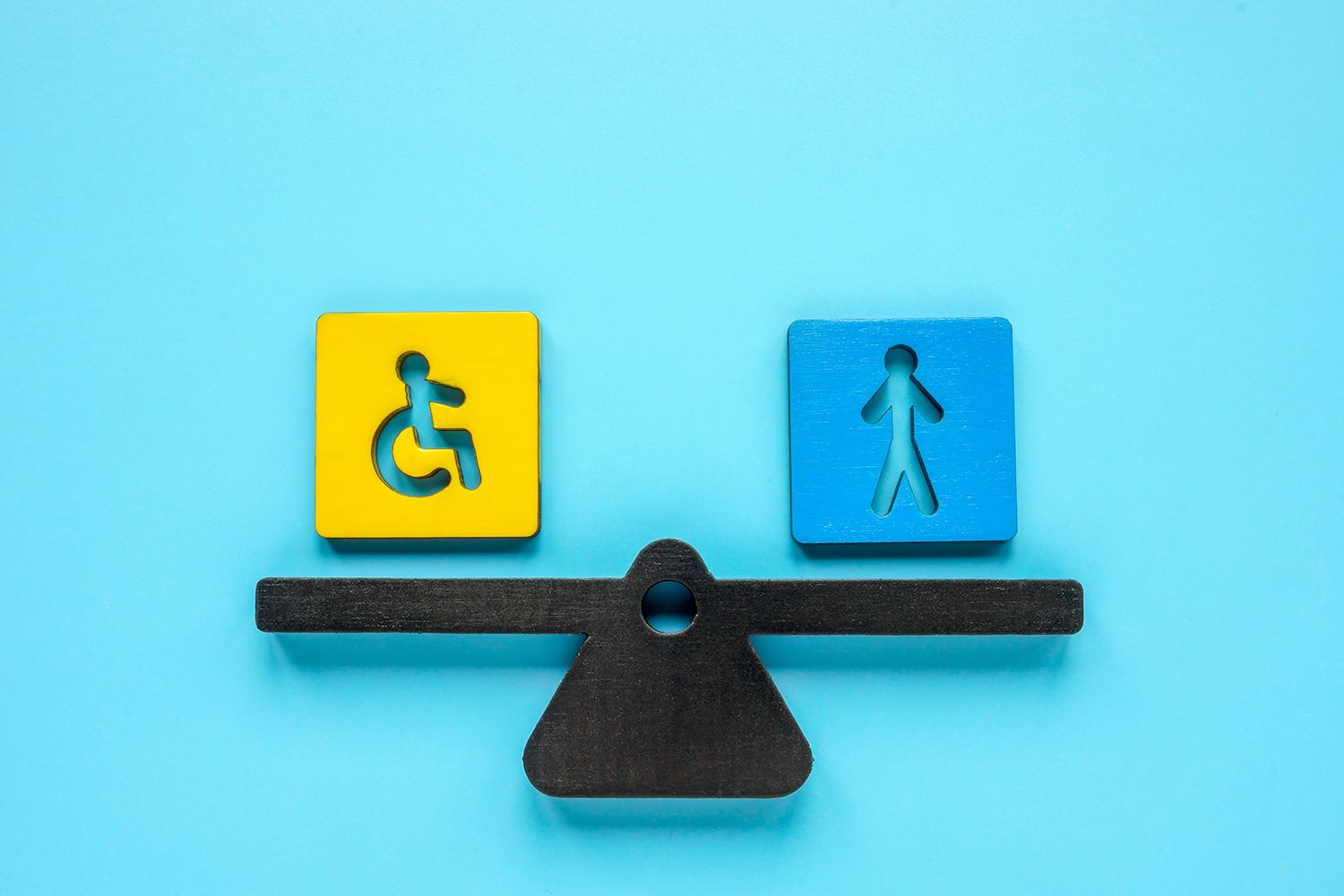General Enquiries
Understanding Support Coordination
Support coordination is a vital aspect of the National Disability Insurance Scheme (NDIS) that plays a crucial role in ensuring individuals with disabilities receive the support and services they need to thrive. In this blog, we'll explore what support coordination entails, its key objectives, the different types of support coordination available, and how it benefits participants.
What is Support Coordination?
Support coordination is a service provided under the NDIS designed to assist participants in navigating the complexities of the scheme and accessing the supports and services outlined in their NDIS plans. It aims to empower participants to exercise choice and control over their supports, enhance their capacity to achieve their goals, and effectively utilise their NDIS funding.
Objectives of Support Coordination
Navigating the NDIS: Support coordinators help participants understand their NDIS plans, including the funded supports and services available to them.
Connecting with Service Providers: They assist participants in identifying and connecting with suitable service providers, ensuring they receive the most appropriate support tailored to their needs.
Building Capacity: Support coordinators work with participants to develop their skills and abilities, enabling them to effectively manage their supports and participate in decision-making processes.
Problem-solving:
In the event of challenges or barriers, support coordinators provide guidance and assistance to resolve issues and ensure participants receive the support they require.
Types of Support Coordination
There are three levels of support coordination available under the NDIS, each tailored to meet the varying needs of participants:
Support Connection: This level of support coordination is designed for participants who have relatively straightforward support needs and require assistance in connecting with service providers and understanding their plan.
Support Coordination (Standard): Standard support coordination is suitable for participants with more complex support needs who require ongoing assistance in coordinating their supports, managing service agreements, and resolving issues that may arise.
Support Coordination (Specialist): Specialist support coordination is provided to participants with significant and complex support needs requiring intensive support and coordination. This level of support is delivered by experienced professionals with expertise in specific areas, such as mental health or complex disabilities.
Benefits of Support Coordination
Increased Choice and Control:Support coordination empowers participants to make informed decisions about their supports and services, enhancing their autonomy and independence.
Improved Access to Services:By assisting participants in connecting with service providers, support coordination ensures they receive the most suitable and effective support tailored to their needs.
Enhanced Capacity Building: Support coordinators work collaboratively with participants to build their skills and confidence in managing their supports, enabling them to achieve their goals and aspirations.
Effective Problem-solving: In times of difficulty or uncertainty, support coordinators provide valuable assistance in navigating challenges and resolving issues, ensuring participants receive the support they require.
In summary, support coordination is a fundamental component of the NDIS that plays a pivotal role in empowering individuals with disabilities to access the support and services they need to lead fulfilling lives. By providing guidance, assistance, and advocacy, support coordinators enable participants to navigate the NDIS effectively, maximise their opportunities, and achieve their goals.
Psychosocial Disability Support in Greater Melbourne
Recovery Alliance Care is managed by Registered Nurses with extensive experience in both Mental Health and General Nursing. We are accredited to provide Level 1, 2, and 3 Support Coordination. Additionally, we offer support to assist with daily living, participating in community and social activities, building greater independence, socialising, enhancing social skills and relationships, and improving your overall quality of life.
We are committed to improving the lives of people living with psychosocial disabilities, offering comprehensive NDIS support services across Greater Melbourne including Wyndham, Dandenong, Mornington and Mornington Peninsula, Kingston, Frankston, Bayside, Knox, Broadmeadows, Melton, Sunbury, Whitehorse, Casey, Geelong and all surrounding areas.
Do you need support or know someone who could benefit from our services?
Get in touch here



